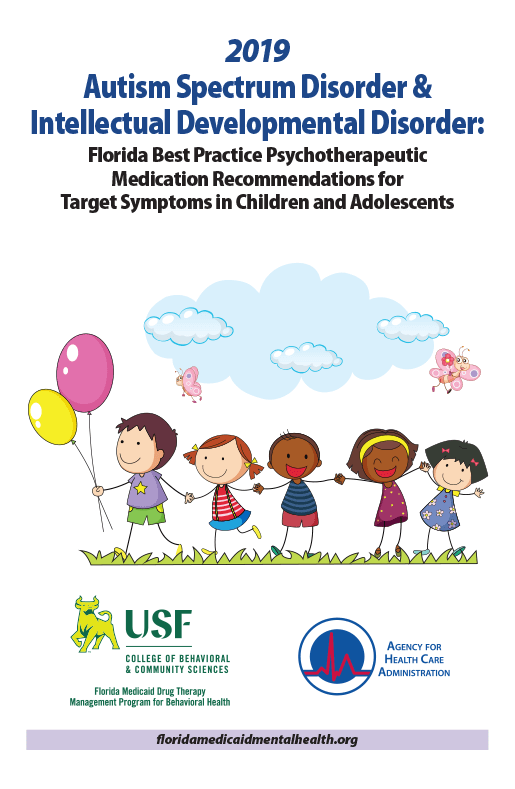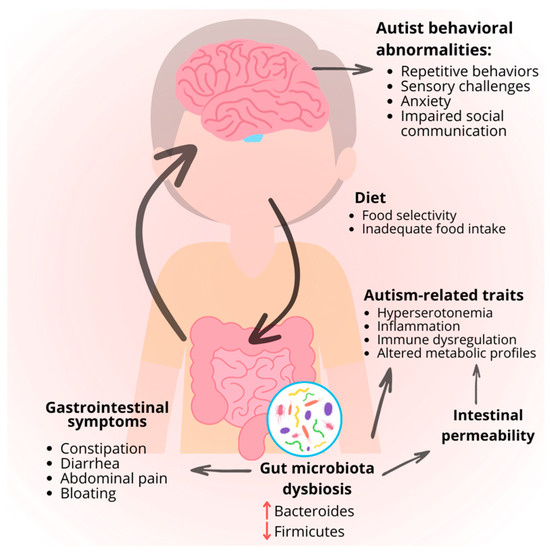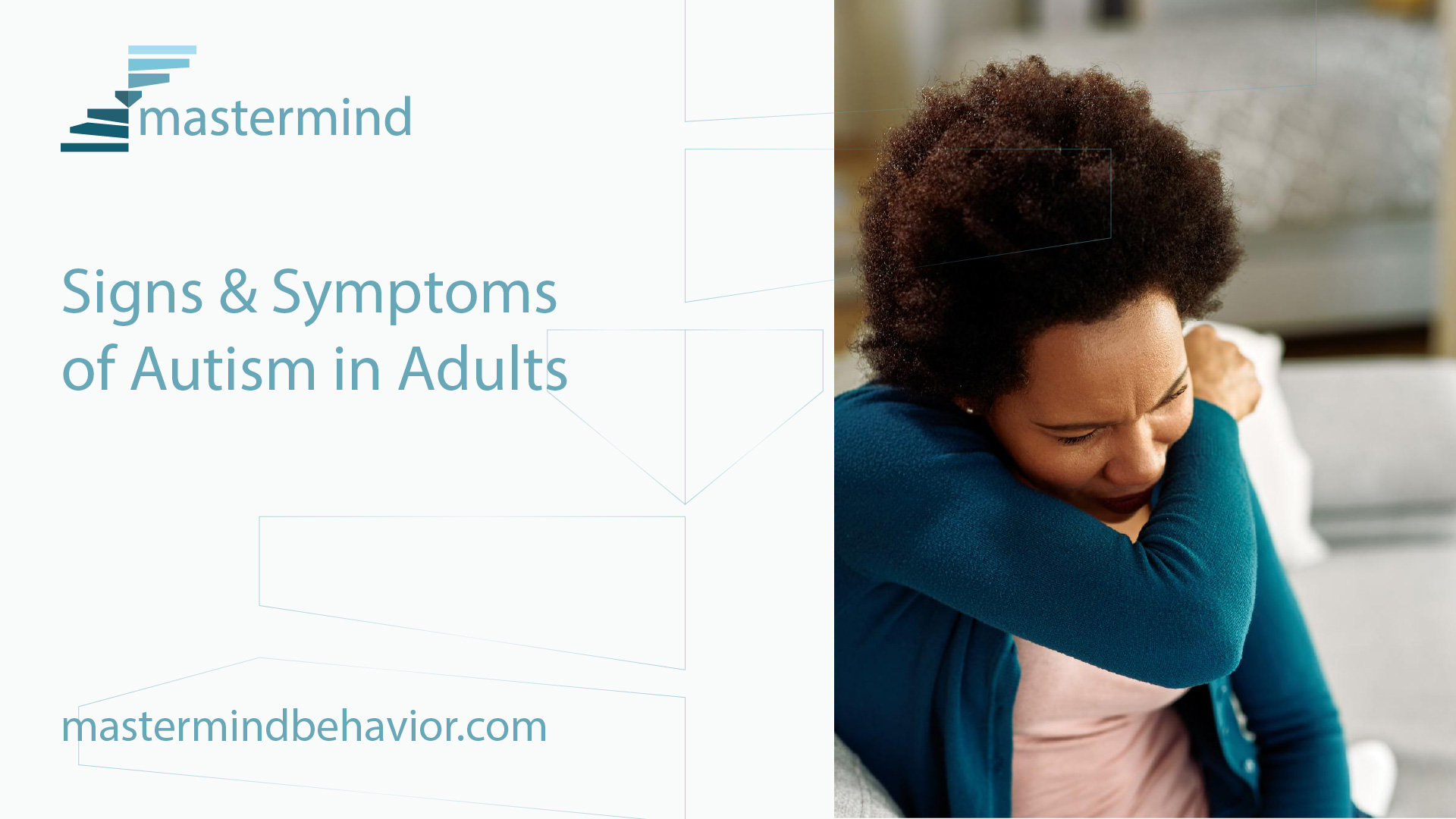Best practices for building sensory-friendly spaces with advice from an Autism Therapist
Understanding the Impact of Behavioral Autism on Daily Life and Social Interactions
You could not recognize how deeply behavior autism impacts daily life and social interactions. Individuals on the range frequently navigate a world filled with communication obstacles and sensory overload. These difficulties can lead to frustration and seclusion, affecting their relationships and total wellness.
Specifying Behavioral Autism and Its Characteristics
Behavior autism, commonly referred to as autism range condition (ASD), encompasses a variety of conditions defined by difficulties in social communication, communication, and recurring habits. You might observe that individuals with ASD usually have a hard time to analyze social hints, which can bring about misunderstandings in discussions. They may locate it hard to develop eye contact or take part in little talk, making social scenarios really feel overwhelming.
Communication troubles can manifest in different methods, from postponed speech advancement to a choice for using fewer words. By recognizing these attributes, you can promote an environment that advertises approval and urges reliable interaction, aiding people with autism grow in their daily interactions.
The Range of Autism: Comprehending Variability in Habits
Autism range problem (ASD) isn't a one-size-fits-all diagnosis; it varies extensively amongst people. You may observe that some people with ASD show mild symptoms, while others might deal with a lot more considerable challenges. This irregularity can manifest in behaviors, interests, and sensory level of sensitivities. You might experience individuals that are highly spoken and involve easily in conversations, while others might like singular activities or connect non-verbally.
In addition, the method people with ASD react to sensory input can vary substantially; some could be bewildered by loud sounds or bright lights, whereas others thrive in promoting atmospheres. The range likewise consists of distinctions in social interactions; some individuals may have a hard time to translate social hints, while others navigate social setups with relative ease. Comprehending this variability is vital, as it assists you appreciate each individual's unique experience and dressmaker assistance to their certain requirements, promoting a much more inclusive environment for every person.
Communication Obstacles Faced by People With Autism
When you interact with individuals on the autism range, you may observe their distinct communication difficulties. They usually encounter difficulties with both spoken and nonverbal signs, which can affect their social communications. Recognizing these barriers is important for fostering better connections and assistance.

Verbal Communication Troubles
Many individuals on the autism spectrum experience verbal communication difficulties that can considerably influence their everyday communications. You might find it challenging to reveal your ideas, sensations, or requires plainly. This can lead to irritation for both you and those around you, as misconceptions occur. You may battle with initiating conversations, maintaining a topic, or comprehending subtleties in speech. Usually, you could like utilizing straightforward language or repeated phrases, which can restrict your capability to involve in deeper discussions. Your tone, volume, or speed may not line up with social expectations, causing others to misunderstand your purposes. Identifying these obstacles can assist you and your assistance network establish techniques to enhance communication and foster better links with others in your day-to-day life.
Nonverbal Interaction Obstacles
Verbal communication isn't the only difficulty people on the autism spectrum face; nonverbal communication obstacles can be just as significant. These obstacles can lead to misconceptions or false impressions of social hints, making interactions feel overwhelming or complicated. By addressing nonverbal communication, you can locate approaches to improve your social experiences and enhance your overall top quality of life.
Social Communication Influences
Social communications can frequently feel frustrating due to the special interaction challenges dealt with by people with autism. Identifying these challenges can aid you discover methods to improve interaction, such as exercising social abilities in secure setups or using visual help. Comprehending your demands enables you to navigate social interactions with higher self-confidence and ease.
Social Interaction and Connection Structure in Autism
While structure partnerships can be testing for individuals with autism, recognizing their special perspectives and interaction designs can cultivate purposeful connections. You may notice that lots of people on the spectrum like direct communication and might battle with social signs or tiny talk. great site By being simple in your interactions, you can help produce a setting where they really feel comfy.
Involving in shared rate of interests can likewise offer as a bridge to much deeper links. Whether it's a hobby, a preferred program, or a shared enthusiasm, these usual strings can open up doors to relationship.
Life Routine: Navigating Difficulties and Methods
Maneuvering daily life routines can be particularly challenging for individuals with autism, particularly when unforeseen adjustments occur. You may locate convenience in having an organized timetable, as it assists you expect what's next. It's typical to feel nervous or overloaded when disruptions take place. To browse these obstacles, consider carrying out aesthetic schedules or lists. These devices can offer clarity and peace of mind.
Establishing a regimen that includes sensory breaks can likewise be valuable. You can intend short breaks throughout your day to recharge. It's important to communicate with those around you, allowing them understand your requirements and preferences. This assists develop an understanding atmosphere.
Finally, technique mindfulness methods to manage stress and anxiety and stress and anxiety. Straightforward breathing exercises or basing techniques can make a substantial difference. By integrating these strategies, you can boost your daily routine and reduce interruptions, making life really feel more workable.
Toughness and Abilities of People on the Autism Range
Understanding life regimens is just one aspect of the autism experience. Lots of people on the autism spectrum possess exceptional toughness and abilities that set them apart. You may find that your attention to detail is extraordinary, permitting you to master tasks that require precision and emphasis. Your capability to believe outside package can result in innovative services in different scenarios.
Moreover, your memory skills commonly beam, especially in areas of rate of interest. Autism Therapist. This propensity for retaining details can make you a useful source in areas like technology, art, or science. You might also display strong aesthetic thinking, enabling you to picture complex principles and fix issues artistically
In addition, your one-of-a-kind viewpoint on the world can cultivate compassion and understanding in others, enriching social communications. Accepting these strengths not just improves your self-confidence however additionally helps others appreciate the varied abilities you bring to the table.
Developing Inclusive Environments for People With Autism
Producing comprehensive settings for individuals with autism starts with designing sensory-friendly areas that deal with their unique requirements. You can also promote chances for social interaction, aiding to build friendships and links. By making these changes, you'll add to an extra welcoming environment for every person.
Designing Sensory-Friendly Spaces
While making sensory-friendly rooms, it's crucial to assess the one-of-a-kind requirements of individuals with autism. Beginning by choosing calming colors and soft lights to create a calming setting. Incorporate silent zones where people can charge and pull back when overwhelmed. You'll desire to lessen loud noises and interruptions, utilizing soundproof materials or white noise makers to aid maintain serenity. Think about responsive components like soft textiles or fidget-friendly objects that can provide comfort. Determine that rooms are flexible, enabling very easy reformation to suit various activities. Ultimately, consist of aesthetic routines or clear signage to assist individuals browse the room with confidence. By thoughtfully incorporating these components, you can create a welcoming atmosphere that sustains sensory requirements and advertises general wellness.
Promoting Social Interaction Opportunities
Creating sensory-friendly rooms not only addresses individual convenience however likewise establishes the stage for purposeful social interactions among individuals with autism. Motivate peer mentoring, coupling individuals with autism with helpful peers that can assist them through social circumstances. great post to read By implementing these approaches, you can enhance social opportunities, aiding individuals with autism develop relationships and reinforce their social skills in a safe, welcoming setting.

Frequently Asked Questions
How Can Pals Assistance A Person With Behavioral Autism?
You can support a good friend with behavior autism by being client, listening proactively, and appreciating their borders. Take part in tasks they enjoy, interact openly, and create a comfortable atmosphere where they feel valued and comprehended.
What Resources Are Offered for Moms And Dads of Kid With Autism?
You can explore various sources for moms and dads of kids with autism, including support system, academic websites, and regional area solutions. Getting in touch with various other parents can also give beneficial insights and shared experiences to help navigate difficulties.
Can Behavioral Autism Change Over Time?

Yes, behavior autism can change gradually. You might see shifts in communication, social abilities, and habits as your child from this source expands. Early treatment and support frequently play important duties in these developmental modifications.
Just How Do Sensory Sensitivities Affect Every Day Life?
Sensory sensitivities can make day-to-day experiences frustrating. You may battle with intense lights or loud noises, bring about anxiety or evasion. Finding atmospheres that fit your demands can significantly enhance your comfort and total life.
What Prevail Misconceptions Concerning Behavioral Autism?
You might think behavioral autism just affects communication skills, yet it's even more complex. Lots of presume people lack empathy or knowledge, which isn't true. Comprehending these misconceptions helps foster approval and support for those on the range.
Behavioral autism, usually referred to as autism range disorder (ASD), encompasses a range of conditions defined by obstacles in social communication, communication, and repeated habits.Social interactions can typically feel frustrating due to the one-of-a-kind interaction obstacles dealt with by people with autism.Designing sensory-friendly spaces not only addresses individual comfort but additionally sets the phase for significant social interactions among people with autism. Urge peer mentoring, coupling people with autism with helpful peers who can guide them through social situations. By carrying out these strategies, you can enhance social possibilities, assisting people with autism develop friendships and strengthen their social abilities in a risk-free, welcoming setting.